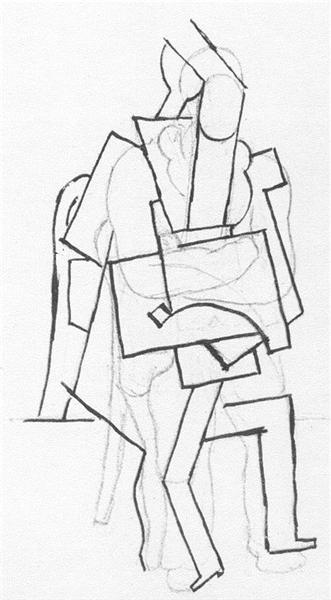
Many people live with the feeling that something is lacking, a wanting of wholeness, identity, maturity, self-esteem or confidence. In other words, reality as we live it or sense it, is far from our expectations. We strive to integrate our different parts into something whole. This is necessary for self-confidence, self-esteem and authenticity. This is necessary also to enhance our capacity to make decisions.
To achieve this, we seek a position. A position is the encounter between the world of emotion and the real world, the concrete and the existential. It is the framework for one’s choices of behavior and human relations. Therefore, there is no emotional work without concrete expression in life.
Mapping the internal as well as the external forces influencing us points out one’s strengths and weaknesses but it takes professional insight to point out the exact issues at stake. Once the focus of work appears, it shows the way. It is impossible to help a person without having a general vision, a framework for work. This way, I can establish a true and, I believe, a brave dialogue with the person I am working with.
The person learns to take care of themselves emotionally by getting acquainted with their needs, whether they are conscious of them or not. They learn to identify the way habits created in past situations, weigh on their present behavior. These behavioral codes (that is, conditioned responses to certain emotional situations) actually control one’s way of being. The relationship to intimacy is a classic example. This is the way to take control of one’s life and become in time one’s own therapist. The everyday routine then becomes fascinating and fulfilling.
I wish to emphasize that I do not believe that we are slaves to our own destiny, doomed to be prisoners in our own emotional world. We are capable of leading and freeing ourselves from the chains of suffering. We can be active in the face of our emotional world, influencing or even changing it according to our needs and comprehension. This is the key to a sense of quiet satisfaction in life – there lies the freedom to be who we truly are.
The path to tranquility is complex but lies in the power of our mind over ourselves that so many therapists have forgotten. The power of thought balances our emotional world. We cannot change our inner psychological structure, but we can change way we see life and take control over our emotional expression and behavior. We have the power build a new place for ourselves in the world.

